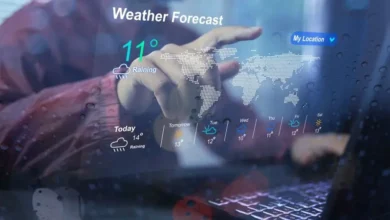A new outbreak in China? undiagnosed pneumonia hits children

In a recent development, the World Health Organization (WHO) has made an official request to China for detailed information regarding the surge in respiratory illnesses and clusters of undiagnosed pneumonia reported in Chinese children.
This request comes after Chinese authorities from the National Health Commission disclosed an increase in respiratory illnesses at a press conference held on Nov 13, 2023.
The Chinese authorities attributed the rise in incidence to the relaxation of COVID-19 restrictions and the circulation of known pathogens such as influenza, mycoplasma pneumonia (a bacterial infection commonly affecting younger children), respiratory syncytial virus (RSV), and SARS-CoV-2, the virus responsible for COVID-19.
Emphasizing the urgency to bolster disease surveillance in healthcare facilities and communities, the authorities stressed the importance of enhancing the health system’s capacity to manage patients effectively.

China reports undiagnosed pneumonia
In subsequent developments on November 21, media outlets and the Program for Monitoring Emerging Diseases (ProMED) reported clusters of undiagnosed pneumonia among children in the northern regions of China.
It remains unclear whether these clusters are related to the overall increase in respiratory infections reported earlier by Chinese authorities, or if they represent separate events altogether.
The WHO requested more information on the reported clusters of respiratory illnesses in children, including epidemiological data, clinical information, and laboratory results.
They also want to understand the recent trends in the circulation of known pathogens and their impact on healthcare systems. The WHO is actively collaborating with clinicians and scientists in China through existing partnerships and networks.

Authorities in China are noting an increase in influenza-like illnesses, especially in northern regions. Existing monitoring systems are in place to track these illnesses, providing important data for disease trends.
The WHO advises individuals in China to take preventive measures to lower the risk of respiratory illnesses. These include getting vaccinated, keeping a distance from sick individuals, staying home when unwell, seeking medical care when needed, wearing masks as appropriate, ensuring good ventilation, and practicing regular hand-washing.
It’s crucial for global health authorities to prioritize the population’s health and safety and take proactive measures to contain any potential risks associated with these infections.











